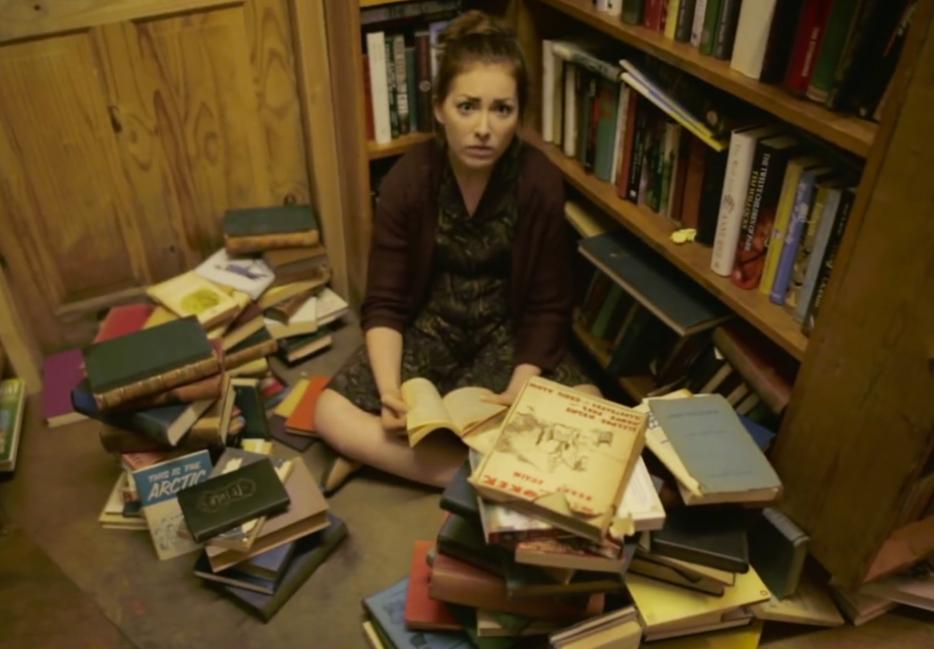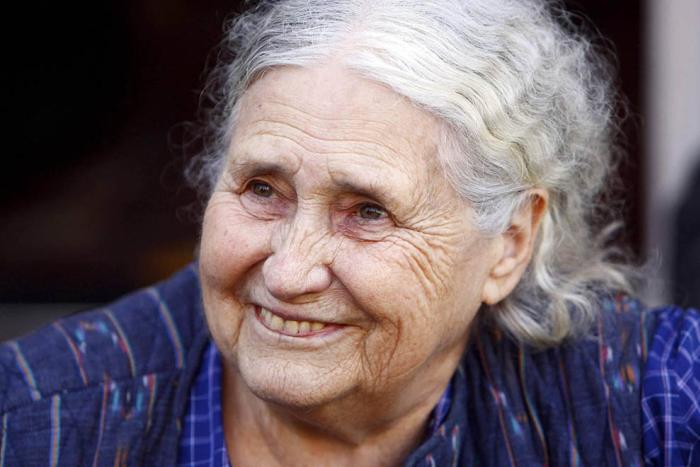Date a girl who reads: whether said as a plea, a command, a suggestion or an aspiration, it’s become a routine truism in certain corners of the Internet. One might assume that, in a modern industrial society, this doesn’t narrow matters down much, but the invariably male speaker yawns at mere literacy. His Girl Who Reads would never be content reading fashion magazines, or actions. Like any fetishist of people, what enthralls him is not idiosyncratic passion, some glimpsed feature, but the bibliophilic construct inside his head. The dewy solemnity of the phrase fails to disguise how it pathetically displaces responsibility—recognizing an extractive leer driving men, you know, all those other ones, who aren’t me. I only want to objectify your mind. These would-be daters stagger unsteadily away from what Hannah Black calls “the disaster of straightness” and then phone the cops to pin it on women who care too much about makeup.
Those aforementioned corners of the internet got wider last week, when Mark Grist’s YouTube clip “Girls Who Read” blew up in the usual places, under the cult-recruiter-sounding titles that Upworthy has doomed us to: “A Guy Was Asked His ‘Type’ Of Woman And His Answer Will Shock You In The Best Way Possible.” In an oatmeal-textured spoken word metre, he elaborates: “I’m not trying to call you a chauvinist, because I know that you’re not alone in this, but I’d like a girl who reads. Who needs the written word, and who uses the added vocabulary she gleans from novels and poetry to hold lively conversation…” etc.
I noticed the video after my Twitter friend Jennifer verbally rolled her eyes at it, and I was struck by its resemblance to the unnervingly long OKCupid greetings she screencaps now and then, which can turn angrily curt if not returned in kind. Grist isn’t quite disingenuous enough to feign chaste intentions, but those conventionally attractive women ogled by the camera are reading books, so he must be empowering them. It’s Joss Whedon feminism, whereby a white man strolling onstage and proclaiming “I like strong women! Intelligent ones, also,” allows him to believe his erection is a radical act.
The urge to “date a girl who reads” leaves unsaid its assumption that a prolific reader of acclaimed modernist novels (Joyce, Woolf, or Nabokov always seem to get invoked at some point) must be fascinating while they go about it. Flipping through lots of books doesn’t automatically make you clever, funny, interesting, or wise; it can also render you abstruse, tedious, uncertain and obsessive, as it sometimes does to me. What could be more anti-erotic than demoting reading from an interpretive performance to the signifier of some “literary” lifestyle—a subculture bound together not by resistance to hegemony but that panicked need, found in so much contemporary nerd culture, to preserve and cultivate it. “Date a girl who reads” picks up a million or so extra search results than “date a woman who writes” for a reason. These men want a partner to debate at without risking any fundamental challenge. “Date a girl who reads” is a cipher’s solipsism, imagining the idealized.
It reminds me of a realization that Isabel Archer arrives at in The Portrait of a Lady, after her ardent intelligence becomes one more curio for a rich man to own: “The real offence, as she ultimately perceived, was her having a mind of her own at all. Her mind was to be his—attached to his own like a small garden-plot to a deer-park. He would rake the soil gently and water the flowers; he would weed the beds and gather an occasional nosegay. It would a pretty piece of property for a proprietor already far-reaching. He didn’t wish her to be stupid. On the contrary, it was because she was clever that she had pleased him. But he expected her intelligence to operate altogether in his favour, and so far from desiring her mind to be a blank, he had flattered himself that it would be richly receptive.” The Girl Who Reads is finally just another text to be read, and possessed, and consumed.






